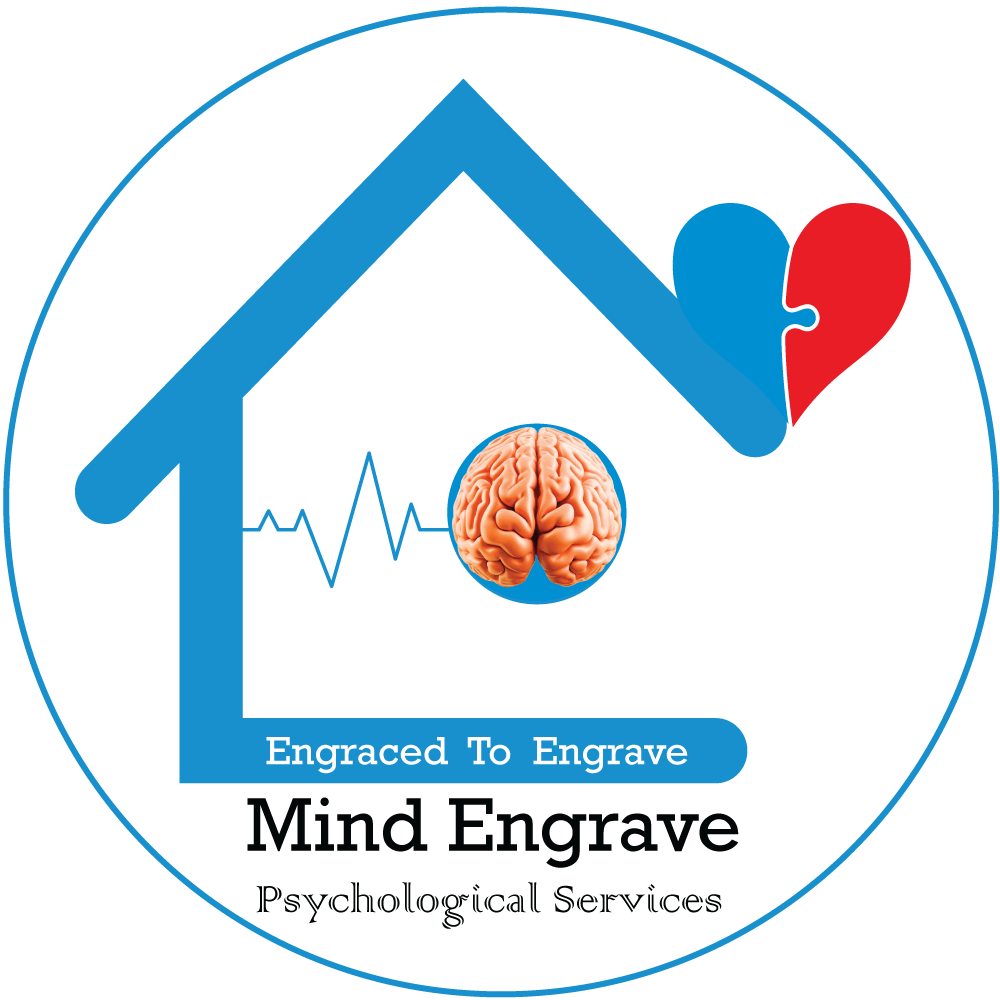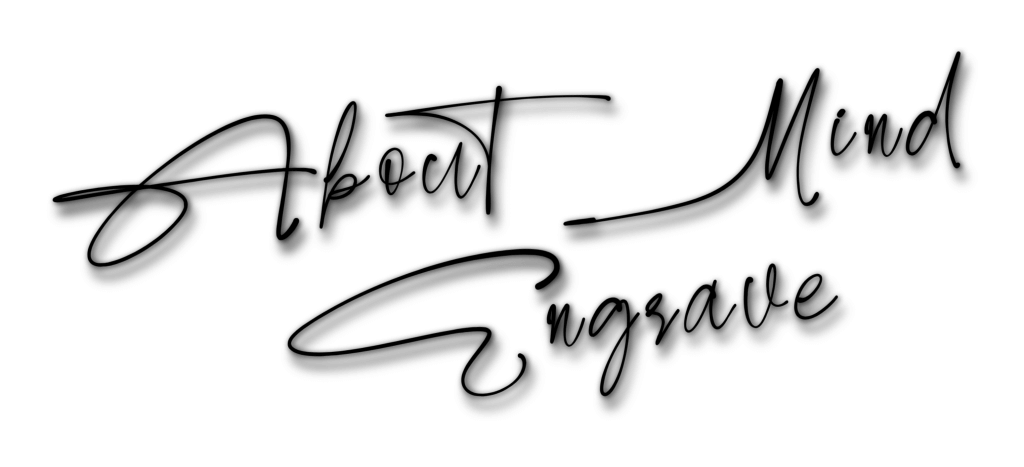Mindful Leadership: 6 Practices to Read the Refined and the Crude
Critical examination of the ‘refined’ gives you a clue to the ‘Well’ of another ‘Crude.’ You can pick your life so best from any point – Just think, be mindful, and attentive.”
– Odusanya Adedeji (Clinical Psychologist)
Critical examination of the quote above reveals a compact lesson for leaders. Mindful leadership opens the door to discerning what lies beneath polished surfaces. From the start, mindful leadership asks you to replace quick judgments with careful study so you can lead with accuracy and care. When leaders look beyond refinement, they spot strengths, vulnerabilities, and the reservoirs that feed behavior. That attention delivers advantages in hiring, coaching, conflict resolution, and strategic decisions.
First, consider what “refined” and “crude” represent in organizations and teams. Refinement can mean polished presentations, smooth delivery, or public confidence. Crude often shows up as raw potential, unshaped talent, or blunt truth. Mindful leadership recognizes that polish does not prove depth, and bluntness does not imply incapability. Consequently, leaders who practice attentive examination find productive wells—hidden motivations, unmet needs, or untapped skills—that others overlook. This skill reduces costly mistakes. Moreover, it helps leaders deploy people where they thrive rather than where they simply shine in short interactions.
Second, apply simple observational methods — use short diagnostic probes and attentive listening to reveal whether refinement maps to sustainable capability. Start conversations that invite storytelling. Ask not only what someone did but why and how they learned it. Listen for patterns in language and behavior across contexts. For example, notice whether confidence holds under pressure or crumbles when stakes rise. Track consistency and variance. Use quick experiments: give a task that demands collaboration and watch how the person adapts. Through these modest probes, mindful leadership reveals whether refinement maps to sustainable capability or masks vulnerability. Over time, leaders build reliable mental models that guide assignments and development plans.
Third, balance humility with curiosity. Leaders often rush to score-keep, yet curiosity yields superior data. When you approach people with genuine interest, they reveal their wells—the sources of resilience and the places where support will deepen effectiveness. Then, translate those discoveries into concrete actions: tailored coaching, role adjustments, or targeted training. Additionally, guard against bias. Polished style may align with your preferences; crude expression may trigger unfair discounting. Mindful leadership requires discipline to test assumptions rather than confirm them.
Fourth, maintain practices that institutionalize attention. Schedule short diagnostic sessions after projects, encourage peer feedback, and create safe spaces for candid self-reflection. Teach managers to ask behavioral questions and to triangulate observations across multiple moments. These rituals reduce reliance on first impressions and accelerate the discovery of true capability. Consequently, teams move from reactive assignment to considered placement, and from talent waste to targeted growth.
Fifth, act on what you learn with clarity. When examination uncovers potential, commit resources to cultivate it. When it reveals risk, intervene promptly and specifically. Avoid vague admonitions; deliver precise feedback and a short plan for change. Likewise, celebrate signs of learned growth so that the team recognizes that observation leads to development, not punishment. This cycle—observe, learn, act, reinforce—makes mindful leadership practical and repeatable.
Finally, remember that thinking, mindfulness, and attentiveness form a leadership habit more than a one-time tactic. You will misread people sometimes. When that happens, own the error, correct course, and adjust your methods. Such transparency models learning and strengthens trust. Over time, your capacity to read the refined and the crude becomes a reputational asset: colleagues seek your judgment, stakeholders trust your placements, and your organization avoids the hidden costs of misjudgment.
Leadership demands judgment, and judgment improves with disciplined attention. By practicing mindful leadership—by thinking carefully, staying present, and testing assumptions—you discover the wells that sustain people and projects. That discovery guides better decisions at every level, from hiring to strategy. Lead with curiosity, act with purpose, and keep refining your method; doing so turns fleeting impressions into reliable insight and converts uncertainty into predictable progress.

Odusanya Adedeji
Odusanya Adedeji A., is a Licensed & Certified Clinical Psychologist whose domain of expertise cuts across management of specific mental health issues such as, Depression, PTSD, Anxiety & Anxiety related disorders, substance use disorder, etc








